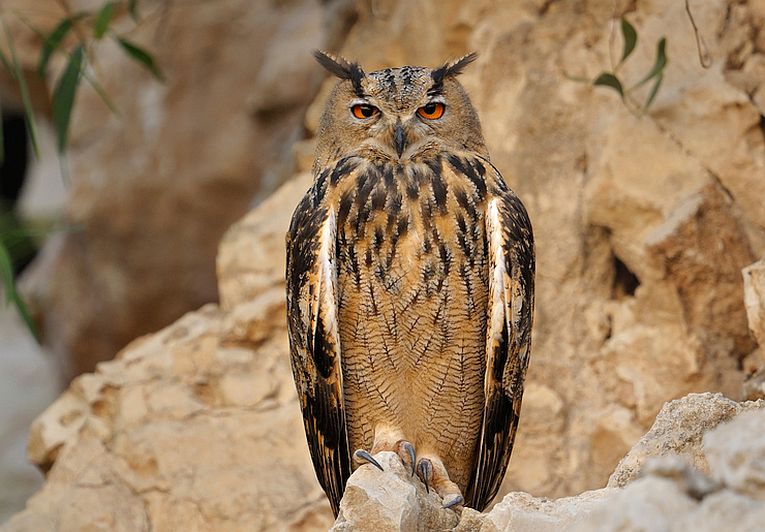The point of walking is part exercise and part getting to places that have no road/parking (eg. mountains or large sports events.) The benefits, especially for the old, are mobility in the legs and heart exercise. Just getting there, too has rewards such as the discovery of eagle owls constructing their 2-egg scrape in the middle of the desert. The downside can be the weather, the expensive clothing required for some pursuits or the company (or lack of it.)
Hobbies such as gardening, beachcombing, various sports or bird-watching also get you out there where the grass is greener and the bogs are deeper. Why do people gain the brain-secretion, dopamine, from such activity? The adrenalin flows too, when these actions spur us on to even greater efforts, though the smiles in the bar afterwards could be simple flatulence.
The aesthetics of a view and the nostalgia of revisiting the most attractive places from your past contribute mightily to tourism, but not all of us “tour.” More and more, we settle, at least for a while, in an area we respect for some reason and can enjoy this kind off gratification more often. Does the natural aspect of aesthetics form a dominant part of our lives, or is it the associated memories that we cling to? Perhaps an accessible rainforest such as Thailand’s Khao Yai would provide some camping, some gibbon (sounds at least) or panoramas to die for.
Too many questions lie in wait for us here. The basic fact is that less polluted air certainly improves more than your health. After a month or so, poisons can begin to leave the blood and the other tissues, producing a genuine wellbeing, quite apart from the pleasurable feeling from the beginning. The food intake can be very different in some regions, too. More fish or less carbohydrate or fresher food can be much healthier than “city food.”
And does life in the country make the individual change life-style, at least in a temporary way. Holidays are poor guides, but the same effect of more exercise, different diet and change of outlook all contribute to the fresh air experience. The sight of a strangler fig tree, a large animal, the local sacred mountain or a refreshing waterfall can make adults and children react in different ways. Even the child inside the old person can be brought out. That mask we use at work or at home can be removed as we feel at one with some natural organism, object or panorama.
People can affect us while with friends or strangers in the wild. Joint responsibility may be alien to us, or helping a stranger in trouble (or not) can release human basic social responses. It makes you feel good
, can describe non-natural environments, but the actual presence of your ancestral habitat seems to help. We may be creatures of the African plains, but we are also forest dwellers, and ice-cave excavators. Look up your ancestors!
Maye that is the biological cue. Instead of reading up para-psychologists, just think about your true habitat, as if you were one of our endangered animals on Earth Times. Maybe you feel a fellow-creature with a rare cetacean like Hector’s dolphin from New Zealand. Your comfort zone is far away, but the comfort of 21st century humans is still achieved with that first breath of fresh air. Jump in the sea and the iodine is supposed to be the reason for vitality. Walk the long walk and your exercise is given the credit. In fact, maybe you are just repeating what your body is adjusted to. The ancestor who shipped to a new country brought genes that fit him or her and you for certain rigorous activity, and lots of it. Death could have been their alternative. Check up your genome and reveal that part of the world which fit you for purpose. If not, enjoy a longed-for break with a swift visit to your favourite place.
More specialised solutions for human health problems are in our specialised health topics.















